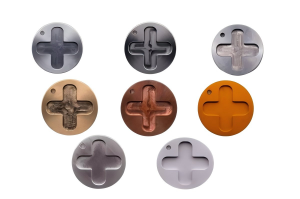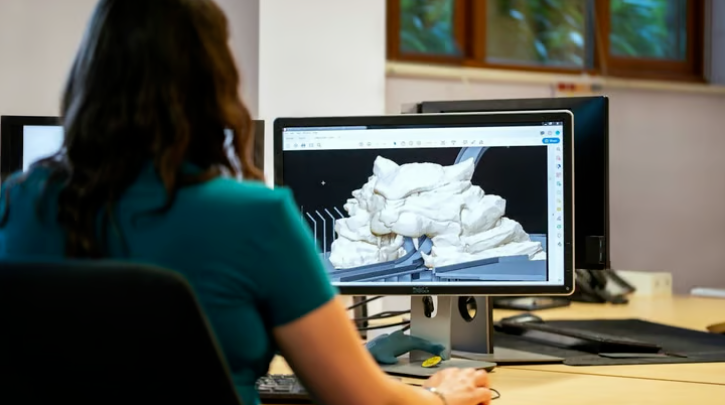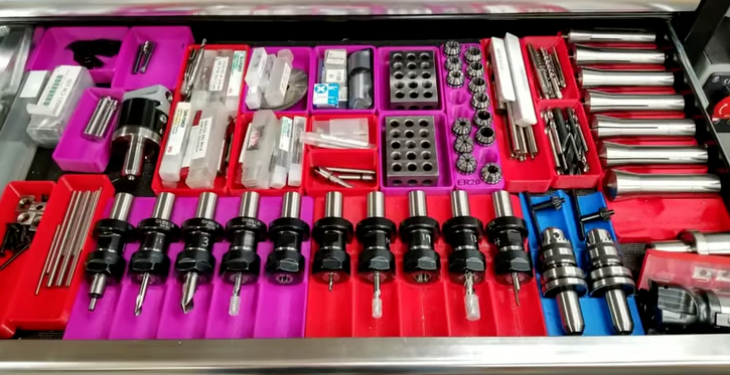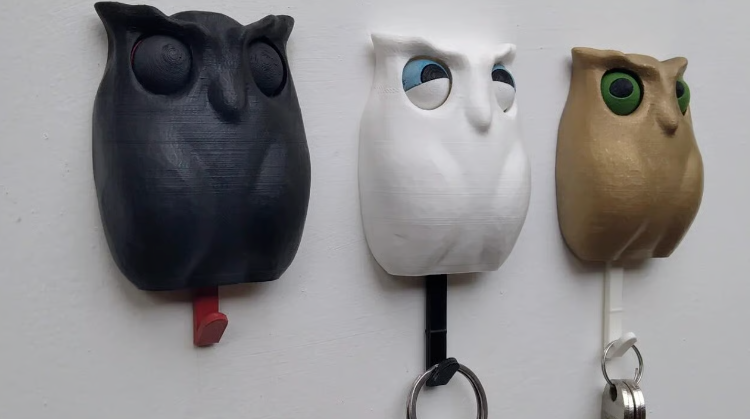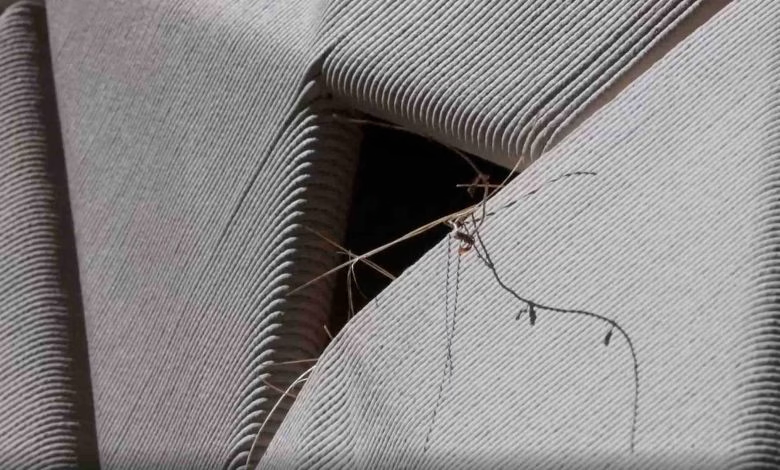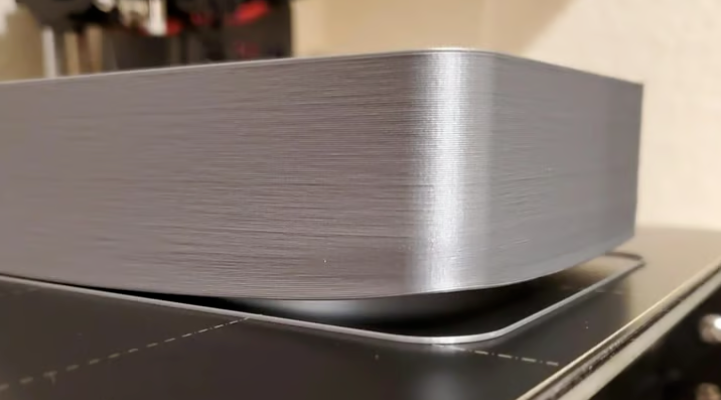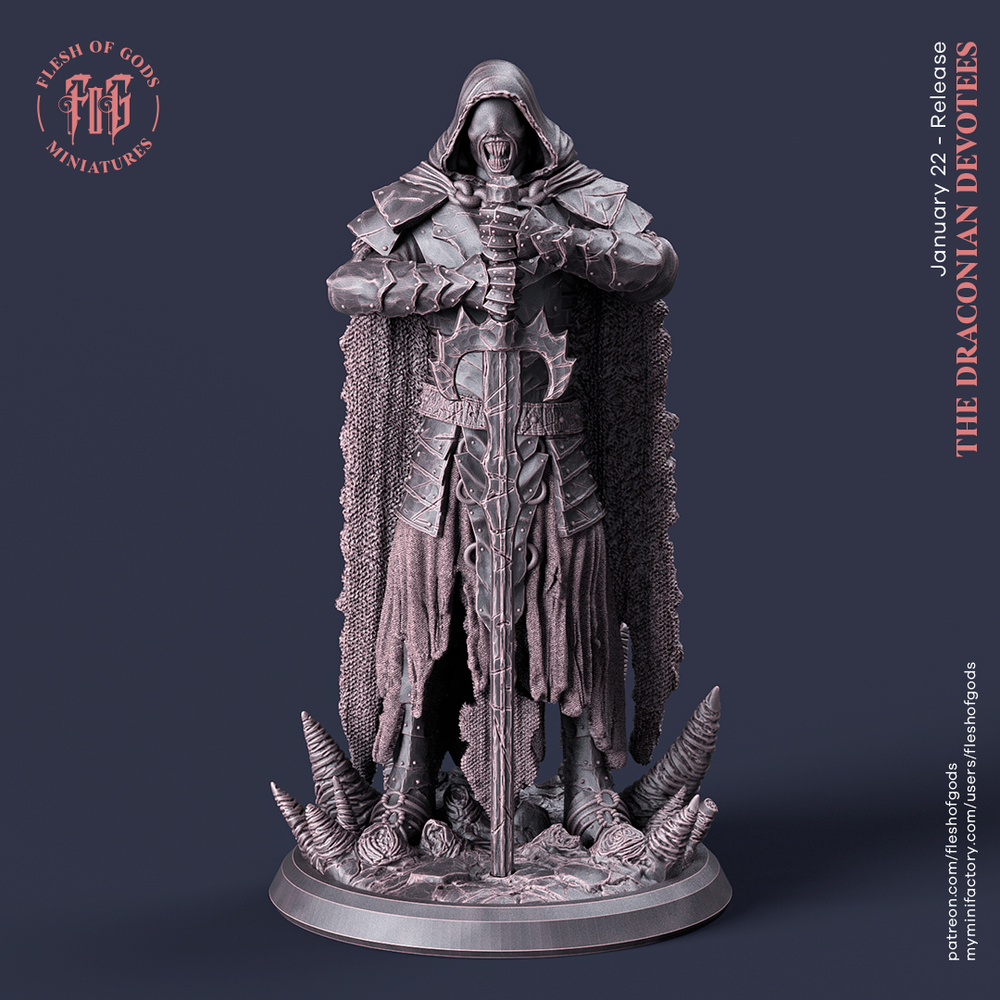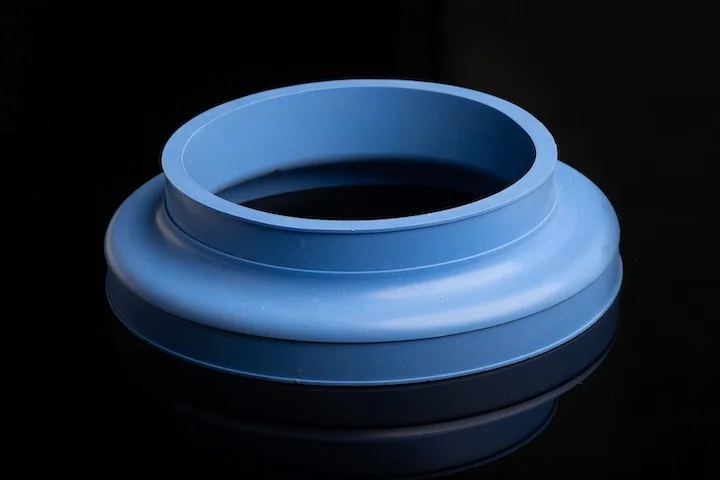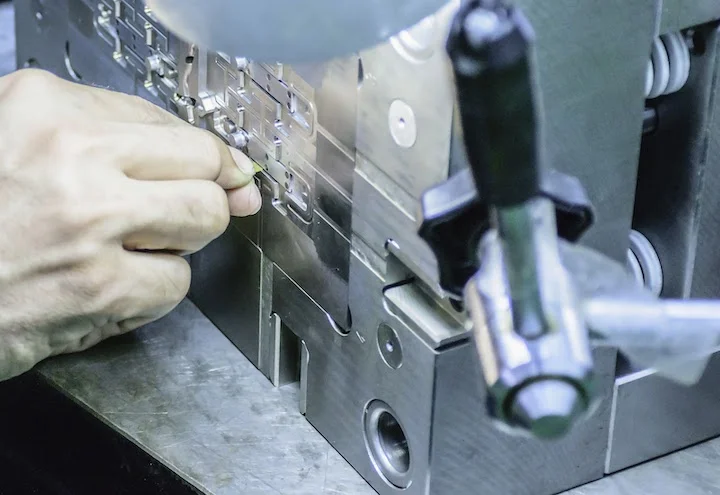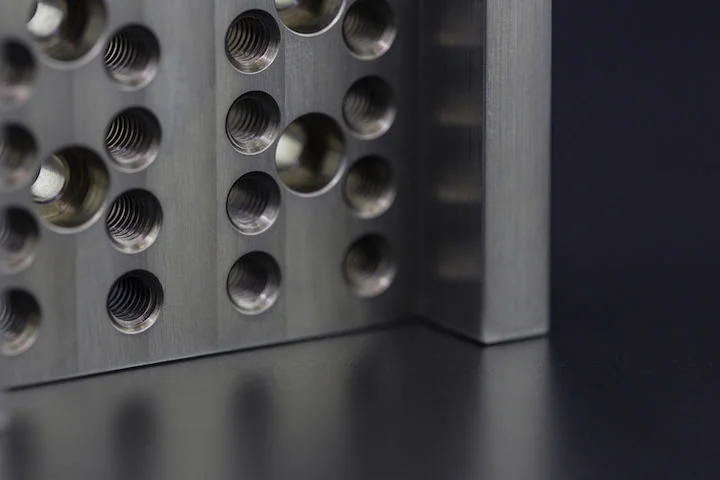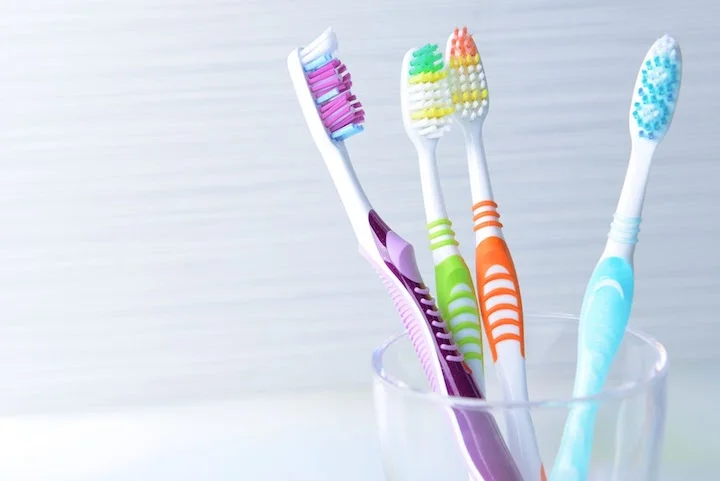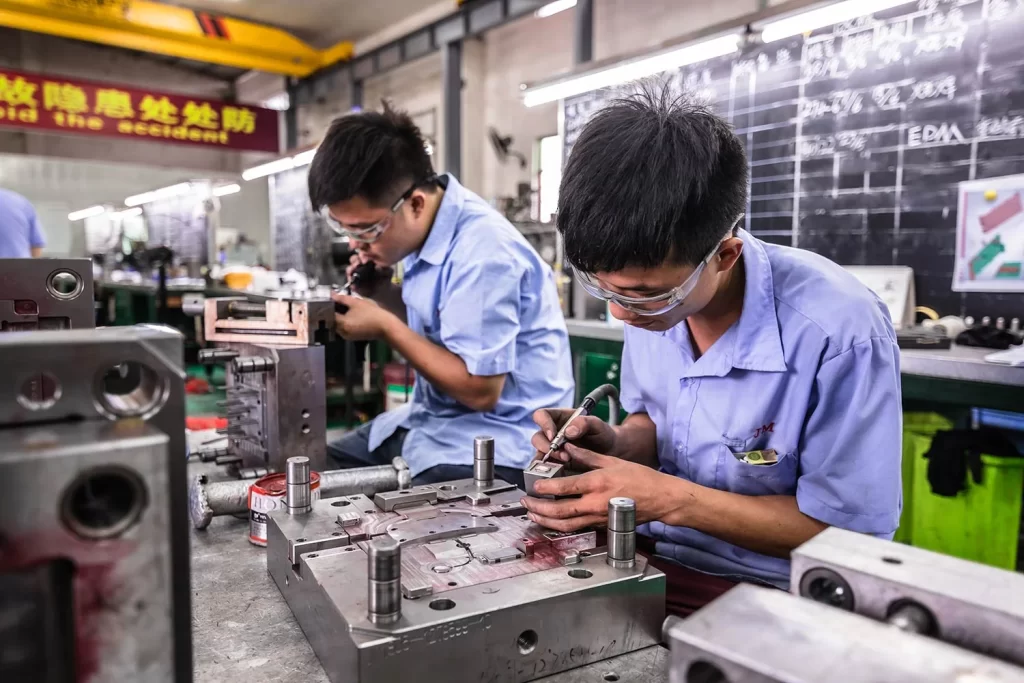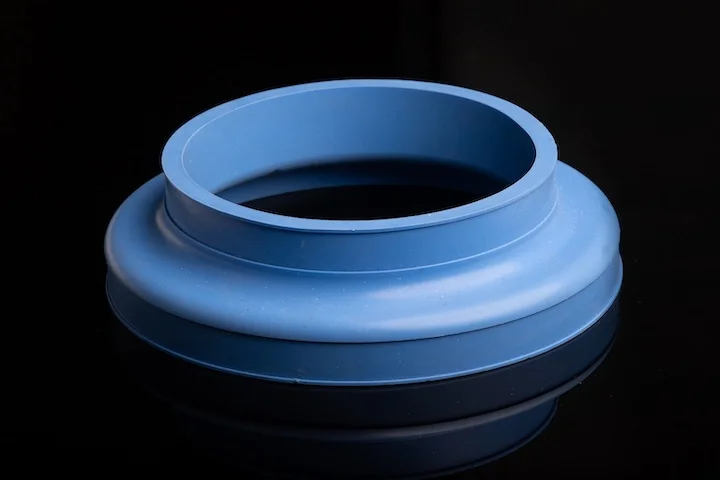The sustainability of additive manufacturing is a broad topic, encompassing everything from the energy required to produce manufacturing materials to the ways in which additive manufacturing designs can enhance efficiency. In our recent e-book on sustainability, we explored many of these perspectives, including how AM influences clean energy production. However, in this article, we aim to take a more focused look at the topic and truly highlight some of the latest applications of 3D printing that prioritize both ecological friendliness and creativity.
These three projects are just the tip of the iceberg: there are numerous innovative and dedicated manufacturers, startups, and 3D printing experts seeking creative ways to produce more sustainable and eco-friendly materials and products.
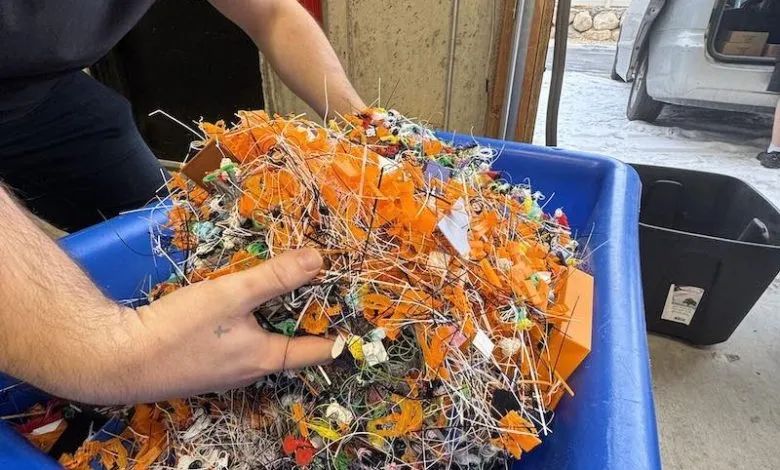
1. Mono-material Wool Comb
Batch.Works, a UK-based company, builds its entire mission around circular manufacturing. Launched in 2019 with its first homeware collection, the company offers a service to 3D print products from biocompatible materials and recycle them at the end of their lifecycle. Recently, it collaborated with Sheep Inc., a carbon-negative knitwear brand producing fully traceable wool apparel, to design a pill comb sold alongside the retailer’s knitwear.
“Sheep Inc. wanted to offer a care accessory with their sustainable knitwear but couldn’t find an existing product that matched their brand values. Any options they found had high minimum order quantities and long lead times,” says Batch.Works. Instead of settling for products with a higher ecological footprint, Sheep Inc. commissioned Batch.Works’ 3D-printed pill comb. The final product is 3D printed with colorFabb Vibers filament, a PLA material with a lower carbon footprint than conventional PLA, and finished with laser etching. Made from a single biocompatible material, the comb simplifies recycling when it’s no longer usable or needed. Batch.Works notes it matched the unit price of Sheep Inc.’s existing products. The company also produces recyclable, low-carbon plastic items for other brands like Kibu (children’s headphones), bFriends, and the Design Museum.
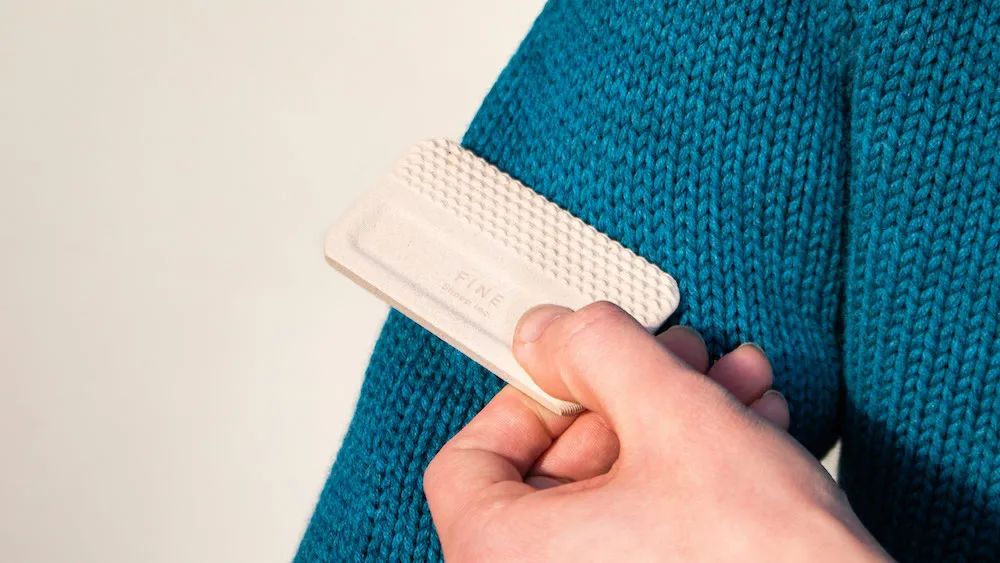
2. Material Made from Date Pits
Design team Nawa has developed a 3D printing material from date pits, called RePit—a composite of ground date pits mixed with local materials like clay and palm fibers. According to Nawa, this sustainable material resembles sarooj, a traditional Persian building material made from clay and limestone.
The date pits used in RePit come from those grown on the design team’s land. As one of the world’s top 10 date producers, Oman generates substantial date pits as agricultural by-products. Nawa’s idea thus aims to repurpose this organic waste for productive use. “Replacing plastic with date seed composites reduces greenhouse gas emissions, supports a circular economy, and diverts waste from landfills,” the team says. Life cycle assessments highlight reduced carbon footprints and enhanced sustainability.
To demonstrate RePit’s application, Nawa 3D printed a series of decorative tiles. Designed with CAD software, each tile features unique rippled textures. An extrusion-based 3D printer brings these designs to life, and the green RePit tiles are fired and glazed to form colorful, smooth finishes. While the showcased material has a paste-like texture, Nawa reports developing a filament version of RePit for FFF 3D printers.
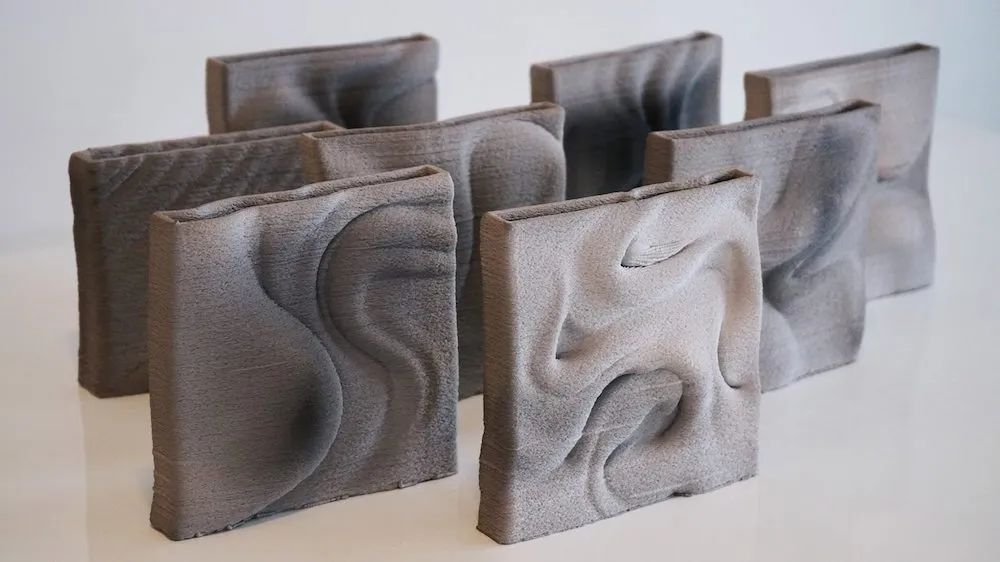
3. On-demand Phone Cases
Utah-based Red Wolf Technologies 3D prints custom smartphone cases and screen protectors on demand. The company found this business model far more adaptive and environmentally friendly than mass-producing cases. As they state: “With on-demand services, you create products with less waste, lower costs, and faster turnaround times.” The company owns its manufacturing hardware solutions—Primo Print3D and Primo Protect. Primo Print3D is a desktop system that prints cases within an hour, while Primo Protect is a cutter that makes screen protectors for any smartphone model.
The ultimate goal is to keep pace with evolving smartphone designs—sizes, camera positions, port locations, etc.—while minimizing reliance on large inventories and reducing waste from batch-produced items with short-lived demand. Their solution is used by phone retailers and stores in over 60 countries.
Notably, Red Wolf Technologies is a strong advocate for recycling and material reuse, launching its own recycling program supported by Precious Plastic’s thermoplastic recycling hardware. For example, this week, the company received 80kg of plastic waste donated by a local manufacturer, which will be recycled into usable raw materials.
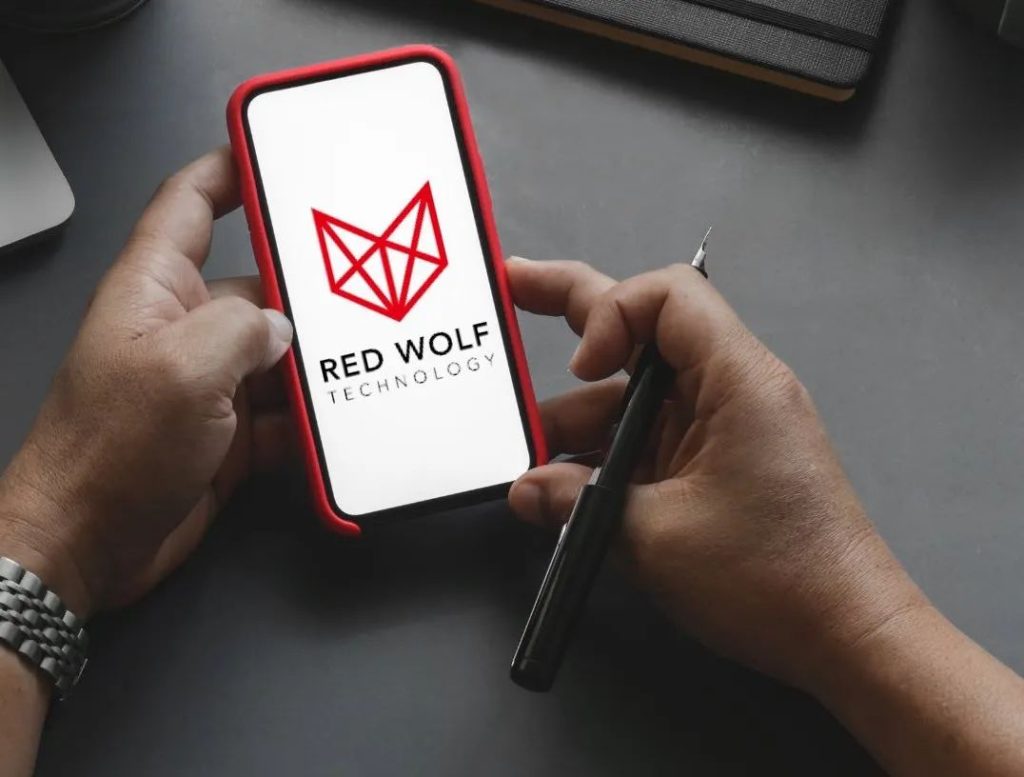
For more information, please contact Debaolong Seiko. You are also welcome to upload your designs to Debaolong Seiko for a quotation.



